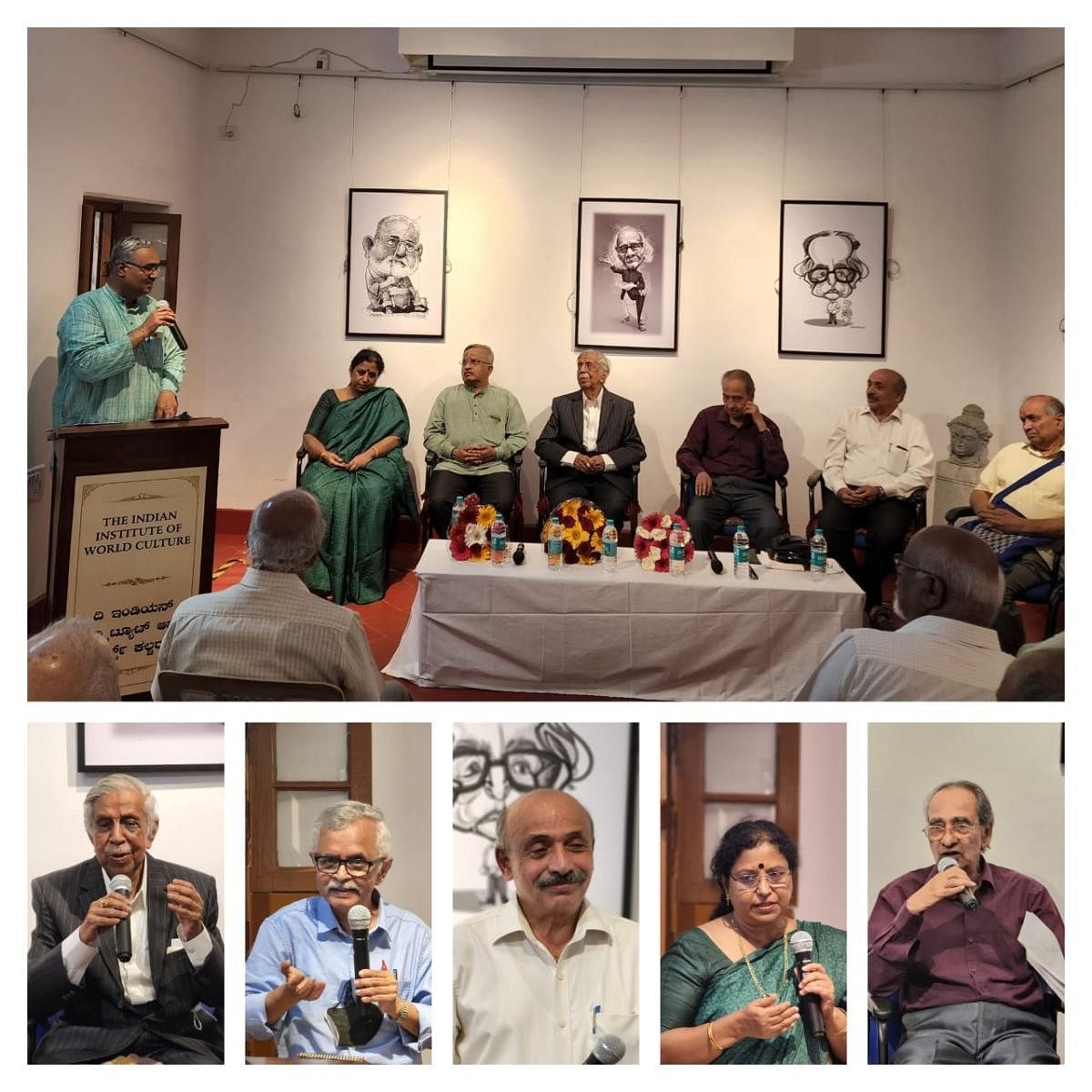
A panel of eminent writers on Saturday discussed the enduring relevance of epics, which forms the core of former journalist and chief information commissioner Suchetana Swaroop’s book ‘Beyond East and West’.
Swaroop wrote the book in Kannada (‘Aa Purva Ee Paschima’) two decades ago and turned it into an academic book later.
Its English translation by retired Professor of English N S Raghavan was released in 2019, while the South Asian edition followed the next year.
“The Covid-induced lockdowns prevented us from holding such a discussion. Now, we have some breathing space,” Swaroop told DH after the online event.
Retired English professor, translator and critic O L Nagabhushana Swamy dubbed the book ambitious for venturing to analyse the greatest of epics from Greek to Latin, Sanskrit, and Kannada, which touch on “broader questions related to humanity”.
By contrast, popular literature oversimplifies life, painting people either as heroes or villains.
“War and Peace by Russian author Leo Tolstoy and Pather Panchali by Bibhutibhushan Bandyopadhyay can be considered modern-day epics as they delve into the ethics of war and the meaning of life,” he said.
Swaroop’s book happened because he wanted to find answers to existential questions like what happens when the current generation forgets history, the good we did and the mistakes we made.
Understanding history in its full perspective is important in the present times, he said.
Did he find the answers he was looking for? He laughed off the question, saying, “Times have changed. We are a pluralistic society now. We need to learn to live with each other, not conquer one another.”